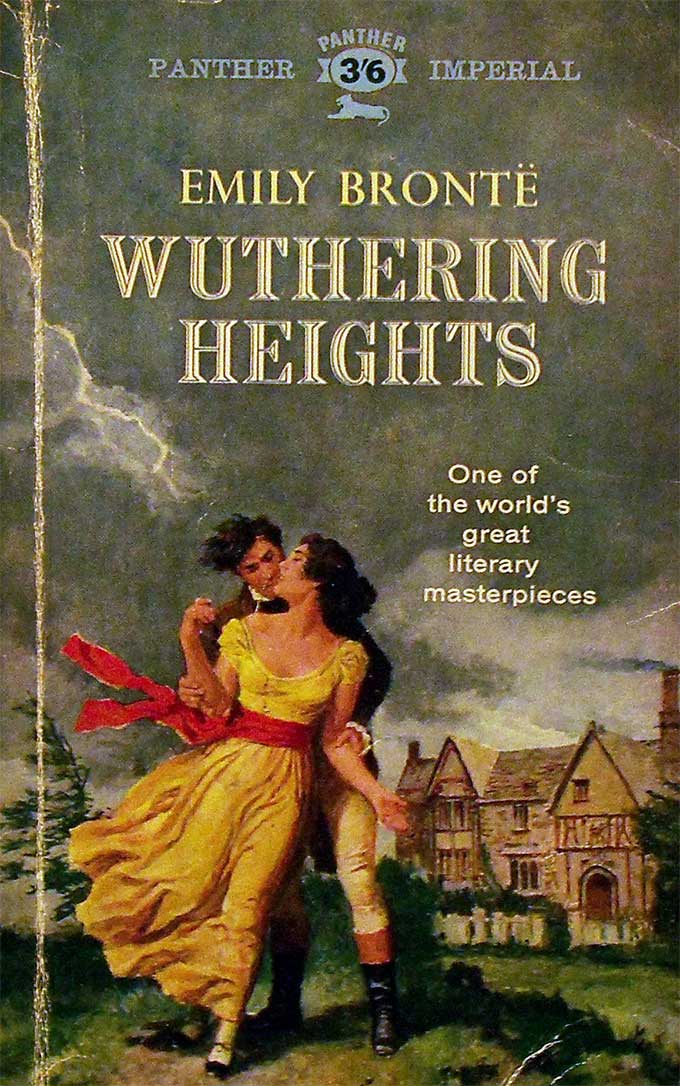I have the answer: Wuthering Heights. Hear me out.
Wuthering Heights is perhaps the best reading experience I’ve ever had. From the moment the novel opens, we are thrown into a bleak, romantic landscape, and the relationship between these concepts is at the heart of the rest of the story. The characters are rich and vivid, complex, and sometimes a terror to read about - the infamous Heathcliff has made a name for himself on screen as a tragically flawed anti-hero, but the novel itself does little to suggest he’s anything other than awful. Cathy’s ghost haunts the novel, and us, as much as she does everyone else (also she can bleed? What’s that about?). Even the moors have character, and it seeps through the core of the novel, inescapably present.
After having read Jane Eyre last year (one of the few that I did), I found that everyone I spoke to about it had read Jane Eyre, but never picked up Wuthering Heights. I very much enjoyed it, and while I regret having put it off for years, there is a part of me that feels the need to defend Wuthering Heights, and encourage every single person I encounter to read it. That’s where you come in, dear reader. If you’ve read Wuthering Heights, consider revisiting it with me, or passing a copy to a friend with a note that says ‘Hey, you should read this book.’ If you’ve never read Wuthering Heights, I cannot recommend it enough. The Great Gatsby gets a lot of love for being a book where everyone kind of sucks and the ending isn’t happy, and Wuthering Heights is just like that, only its about a ghost, a really terrible man, and escaping the repetitive nature of time.
Doesn’t that just sound like a hoot?

 RSS Feed
RSS Feed
